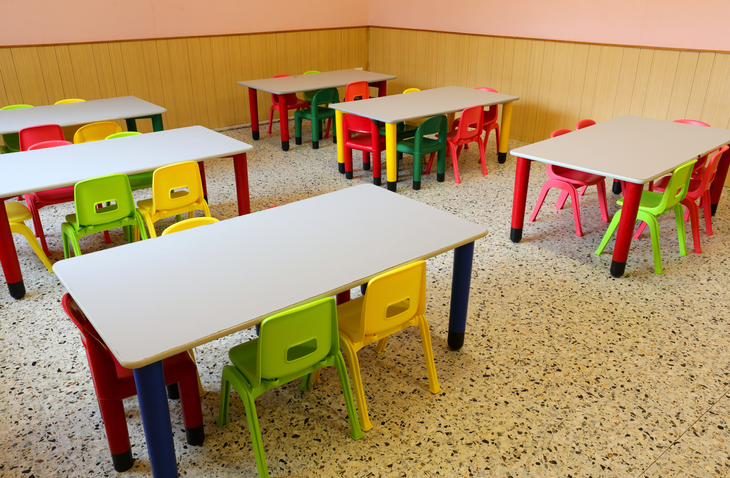If you’re an aspiring childcare assistant, you’ll know that your future role will give you the opportunity to impact the lives of the children you work with positively. Gaining social skills is a crucial part of a child’s development, as it facilitates their ability to build relationships, share, cooperate, and even enjoy better mental health later in life.
Unfortunately, due to frequent lockdowns during the COVID-19 pandemic, many little ones have missed the opportunity to socialize with other children. Now more than ever, it’s critical that childcare professionals strive to promote positive social skills. Below, discover a few tips to keep in mind in order to cultivate healthy socialization among children during your career as an early childcare assistant.
Arrange the Environment for Socialization After Early Childcare Assistant College
You can encourage children to practice their social skills by creating an environment that encourages them to interact with their peers. Seating, for example, should make it easy for children to speak to their fellow classmates while affording them enough personal space. Group pods and roundtables are a couple of seating plans to consider. In addition, try to provide toys that encourage parallel and cooperative play. For example, puzzles, blocks, cars, and dolls enable children to come together and use their creativity to have fun. After childcare assistant college, be sure to make it a habit to evaluate the environment of the children’s centres where you work and make adjustments in order to encourage positive social interactions.

Prioritize Both Structured and Unstructured Play
Play is essential for child development on multiple levels. Not only does it aid physical development by allowing children to practice their strength and dexterity, but it also presents a great opportunity to understand the people around them and develop prosocial behaviours. It’s important to facilitate both structured and unstructured play in order to foster a holistic variety of social skills. Structured play, for example, pushes children out of their comfort zones, encourages teamwork, and allows children to experience healthy competition. Unstructured play is just as valuable, and it’s important to ensure that children’s time is not overly controlled. Unstructured play aids children’s problem-solving skills, imagination, and ability to interact without too much adult intervention.
Embrace Differences Among Children
Tolerance and acceptance are social skills that many adults struggle with, but both are essential to building meaningful relationships and becoming socially responsible adults. You can encourage these valuable behaviours by honouring the many differences that exist among children and staff, whether these refer to different personalities, preferences, and cultures. For example, there will be a varying degree of introversion within each child’s personality. One way you can demonstrate acceptance and embrace differences is to avoid trying to change a shy child by putting them in positions that make them uncomfortable. In fact, try complimenting them on how thoughtful and observant they are. Likewise, there will be some firecrackers in the group. Instead of trying to subdue their personalities, commend them for how fun and outgoing they are.
Model and Teach Positive Social Behaviours
As you’ll learn while earning your early childcare assistant diploma, children often learn by mirroring adult behaviour. This is why it’s so important for you as a childcare professional to lead by example and exhibit positive social behaviours, as you never know when a little one is watching. Sometimes, leading by example isn’t enough to effectively teach a child the importance of certain social behaviours, such as sharing or apologizing sincerely when they’ve done something wrong. In this case, they might require a one-on-one discussion where you directly teach a child how to handle a particular social situation.

The tips we’ve discussed seem simple; however, a theoretical understanding of childhood development, in addition to the experience that will prepare you for the workforce, will be essential to your success in the field. At Medix College, we equip students in our early childcare assistant program with the knowledge and practical skills they need to succeed.
Ready to get your early childcare assistant college in Ontario?
Contact Medix College for more information!





